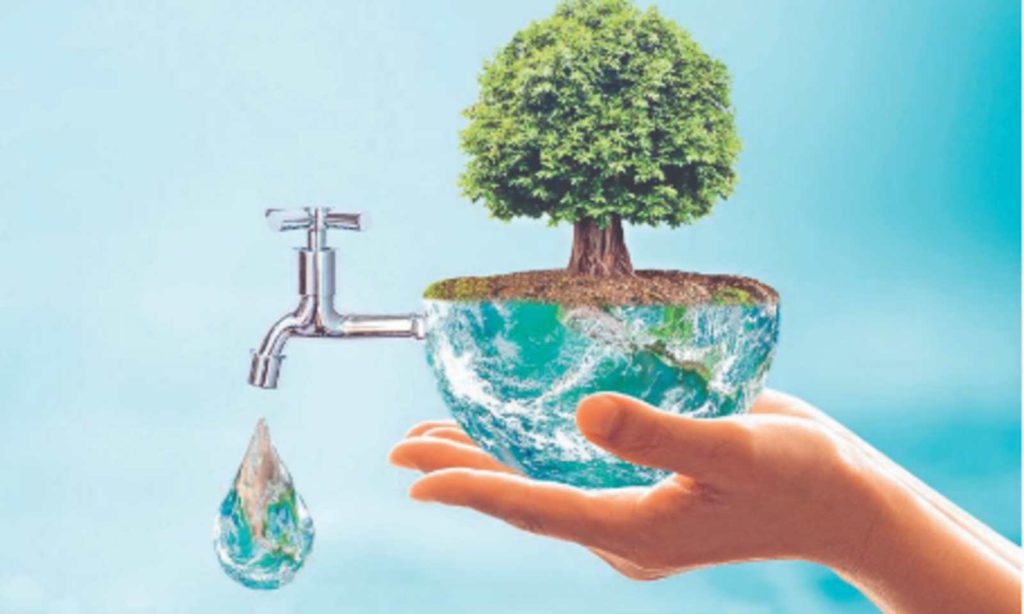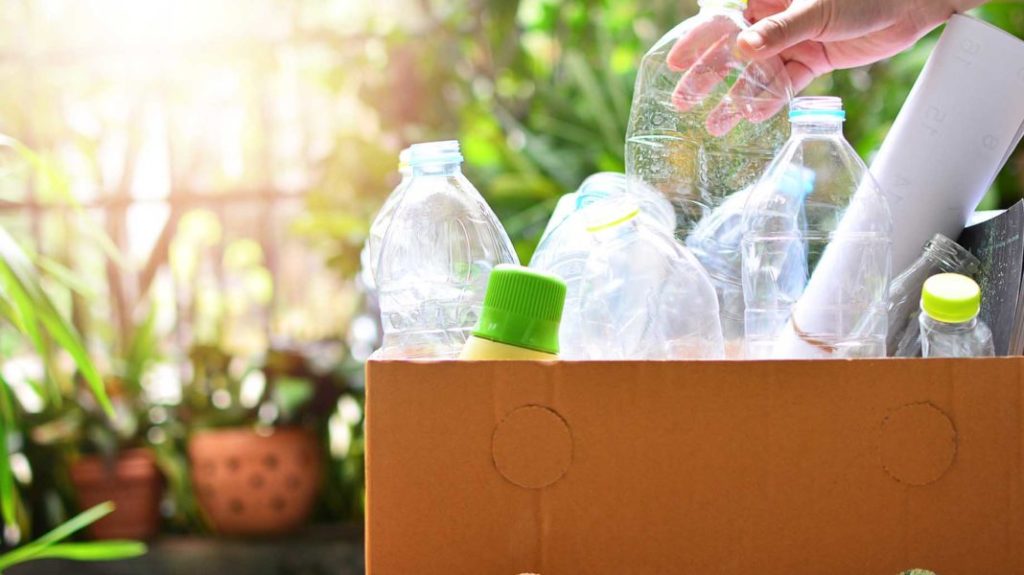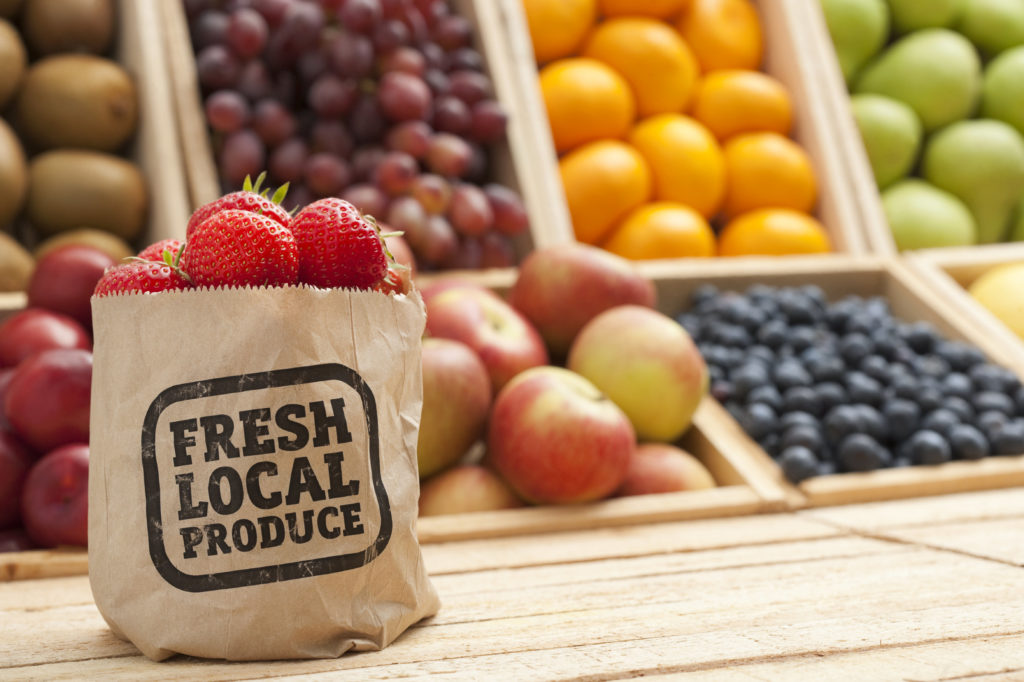
Choosing eco-friendly alternatives is no longer a lifestyle choice but has become a necessity as many areas are affected by droughts and flooding. There is no quick fix to helping to reduce our impact on the environment. Still, when we all take the appropriate steps to lessen our impact, the cumulative effect can only be suitable for the situation in the long-term.
1. Restrict Electricity Usage

Everything in our homes now needs electricity to function, which is increasing in use each year. You can get a much better understanding of the amount of power you use (and save) by installing a smart meter, which gives you real-time data on how much electricity your home consumes. Shop smart by choosing products with lower electricity usage such as LED bulbs for your lights and smart refrigerators, which can save you money and help reduce the impact on the environment. Use timers to help ensure that you don’t have appliances burning electricity when not in use.
2. Conserve Water

Limit your dependence on water by reducing how much you need to run your home and try to reuse water whenever possible. According to Jim’s Mowing, you can save runoff rainwater in water butts for watering your garden, and this will also give you enough water to keep a good-looking garden even when water restrictions are in place. Smart showers will still give you a great bath but will also reduce how much water is needed for your daily washing activity. The other main appliances which use a lot of water are washing machines and dishwashers, so look for models that require less water to run their cycle, and you’ll watch your water bills reduced dramatically.
3. Recycle Goods

Most local authorities have excellent recycling facilities where most of your daily garbage can be recycled. Check which items can be recycled to ensure you are throwing away as little as possible; many products that were once discarded can now be recycled or reused. Go a step further and look at unique ways you can recycle or repurpose items you would typically put in the trash. Only buy products that you know can be recycled after use to limit how much waste needs to go into landfill sites. When items break, try to look at how you can fix it before deciding to replace them as many of us buy throwaway things that last for a while and that, once broken, are often replaced by a newer item.
4. Buy Local Products

One of the most significant adverse effects on the environment is the transportation needed to ship items all around the world. However, while this is necessary for some things, there are many you can buy from local producers (especially food). By buying locally, you are not only reducing the carbon footprint needed to get the products to you, but you will also be helping local businesses to flourish at the same time. Of course, it’s not only food that we can buy locally, but you can also look at other products that are manufactured near you and choose them over the sometimes cheaper alternatives that are produced in other countries.
5. Use Eco-Friendly Cleaning Products

Many of the cleaning products we use have chemicals that cause damage to the environment. Check the labels to find the products that use natural ingredients as these will work just as well at cleaning and have little or no impact on the water in the sewage systems.
6. Grow Your Own Fruit and Vegetables

For those of us who have gardens or space to have a vegetable patch, it is a great idea to start growing your own. Start with simple items such as herbs and everyday vegetables that we use. By increasing the amount of your fruit and vegetables, you lessen the need to transport things that perish quickly. Furthermore, you will not only help to reduce the carbon emissions to transport items but will also reduce food waste, which has become a massive issue with supermarkets.
7. Insulate Your Home

A poorly insulated property loses heat or cold air dramatically faster than a well-insulated one. Some local authorities give grants to allow you to spend money on making your home better insulated, as this is seen as a significant contributing factor to energy waste. Although insulating a home is not cheap to start with, the amount of energy you save will significantly reduce your energy consumption in the very hot or cold seasons, which in turn will save you money while helping the environment.
We all need to act today to start reducing our waste and lessening how much energy and water we consume daily. You may not be able to re-insulate your home straight away, but you can make the small changes that will help to gradually reduce your carbon footprint and help to ensure that the environment is still in good shape for our children in the coming years.






